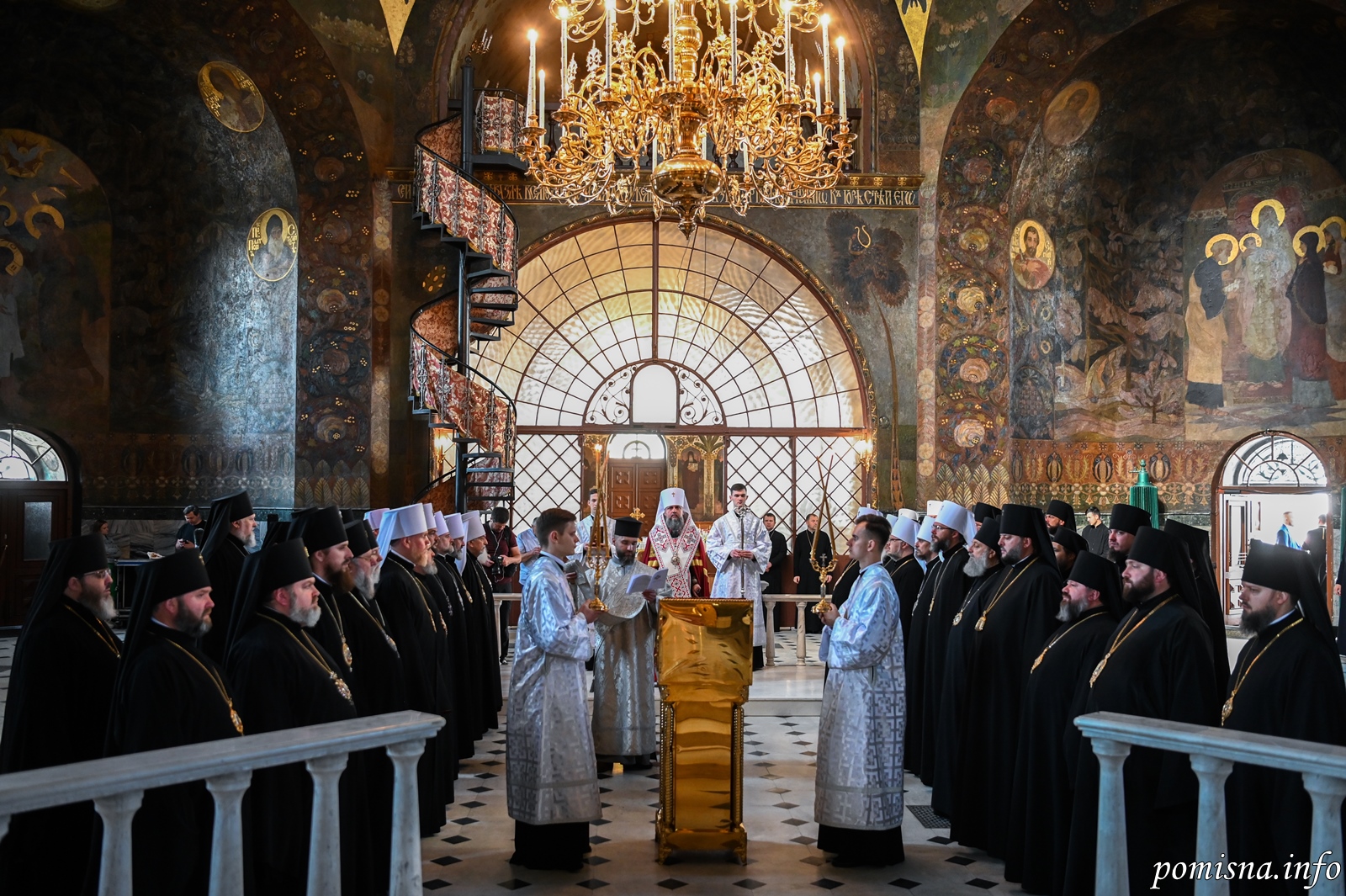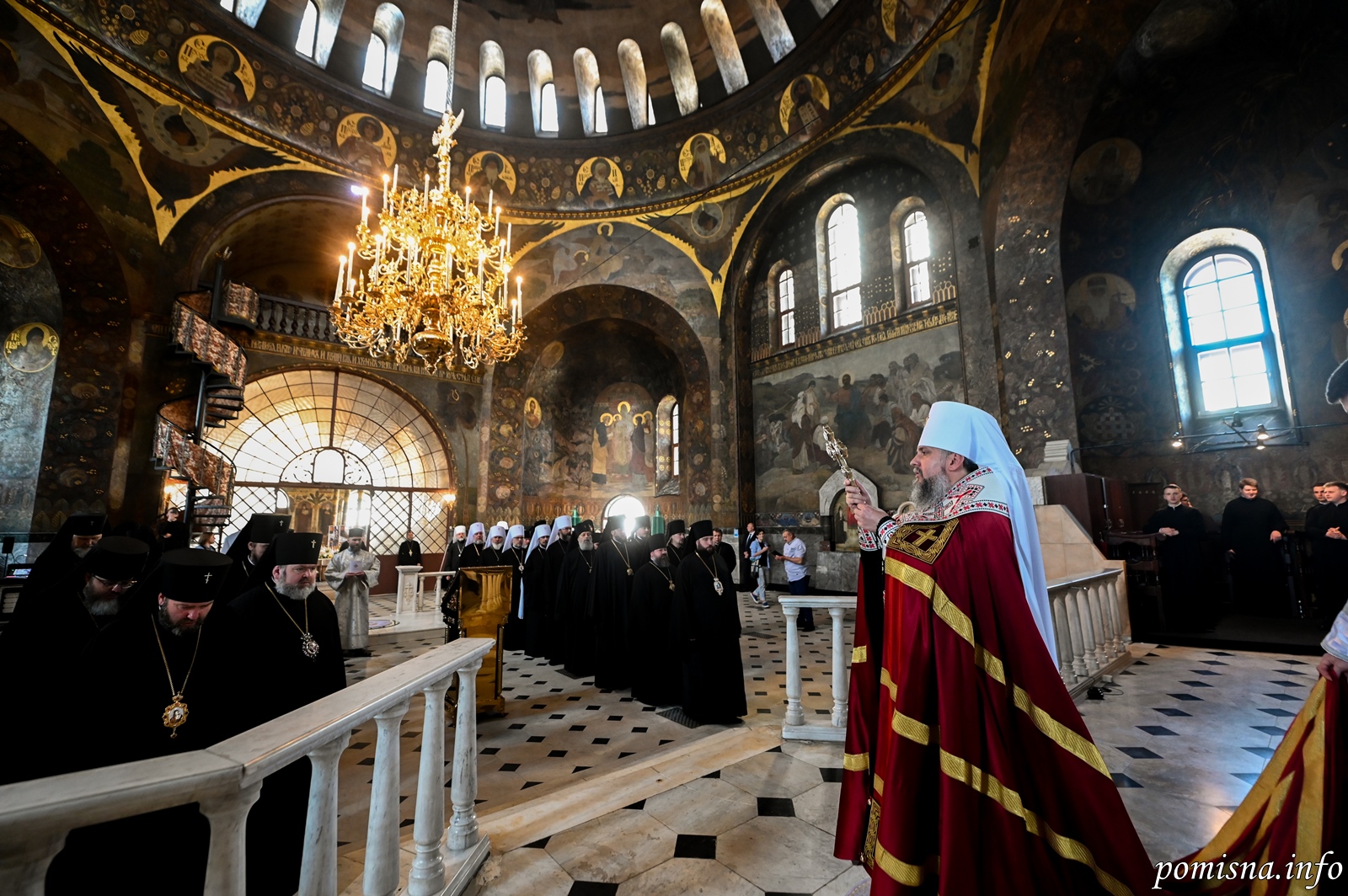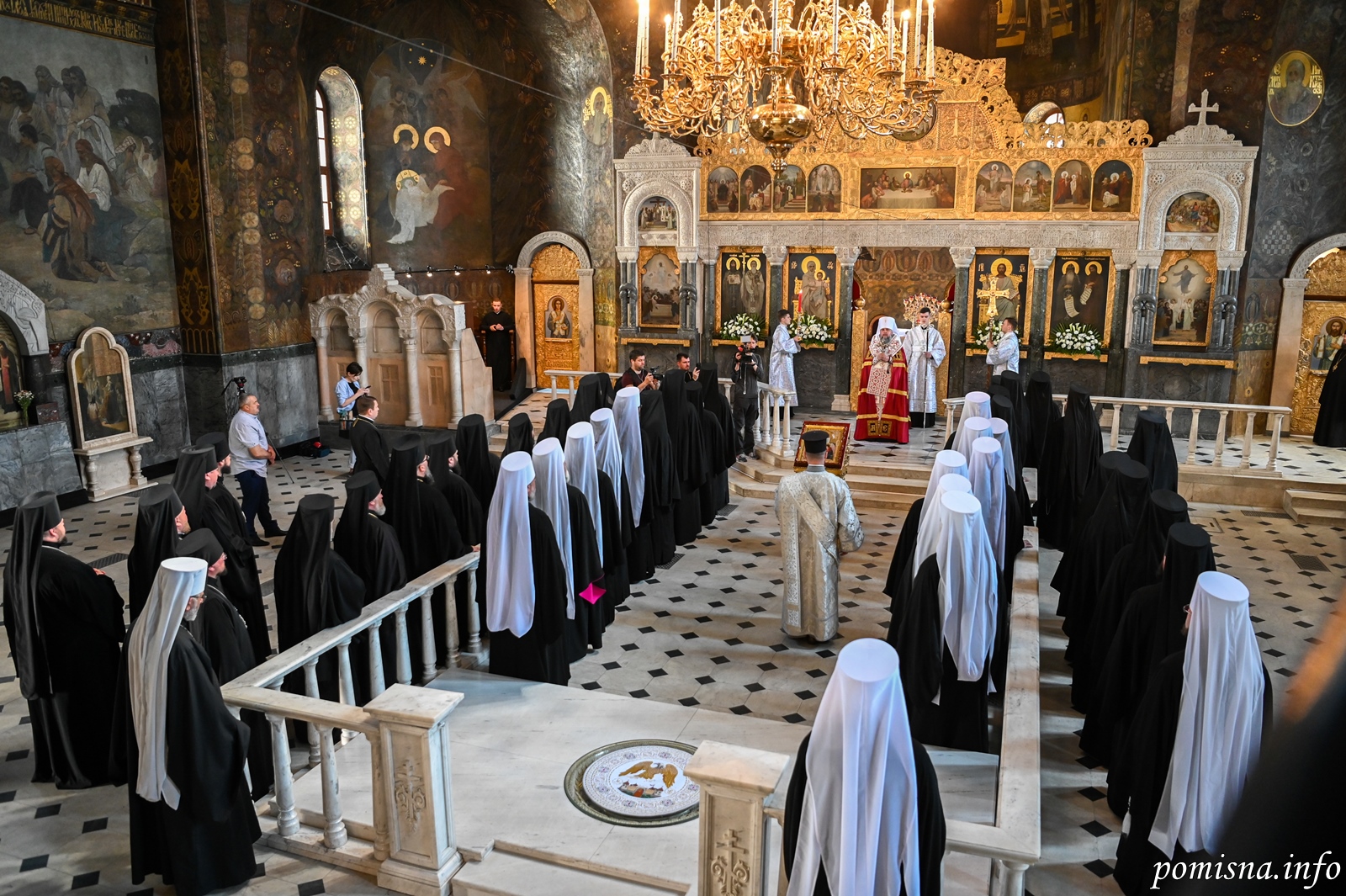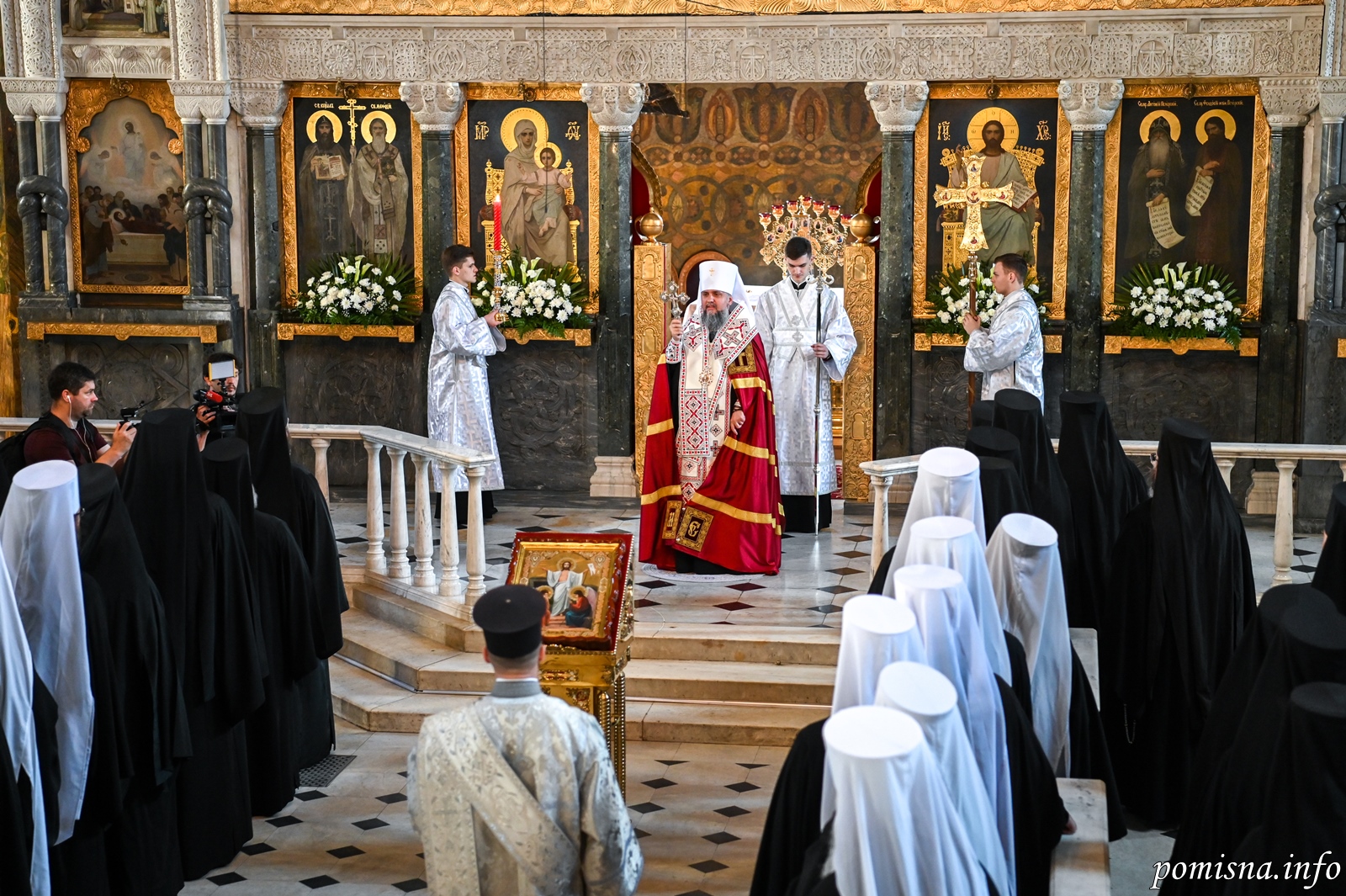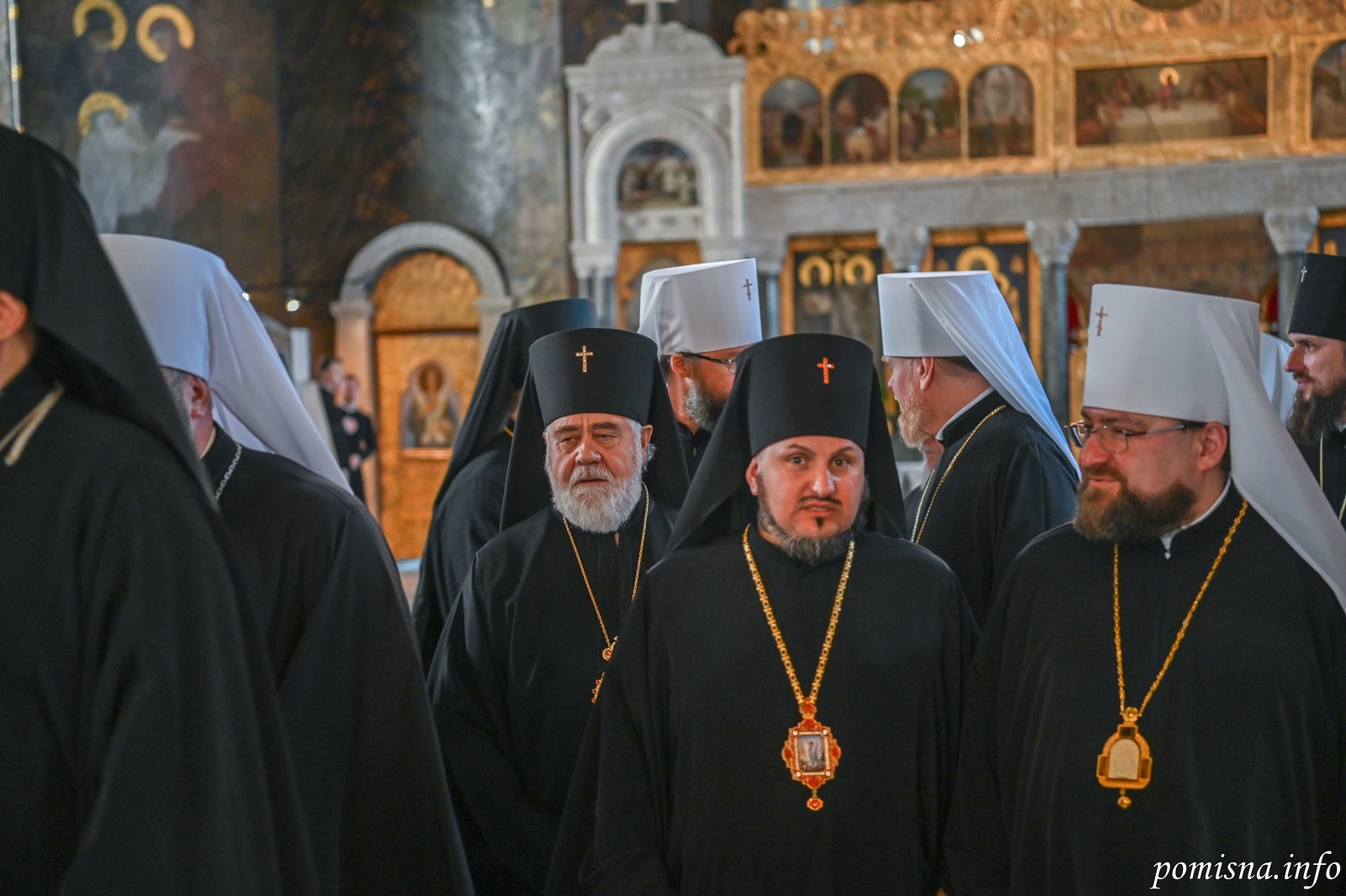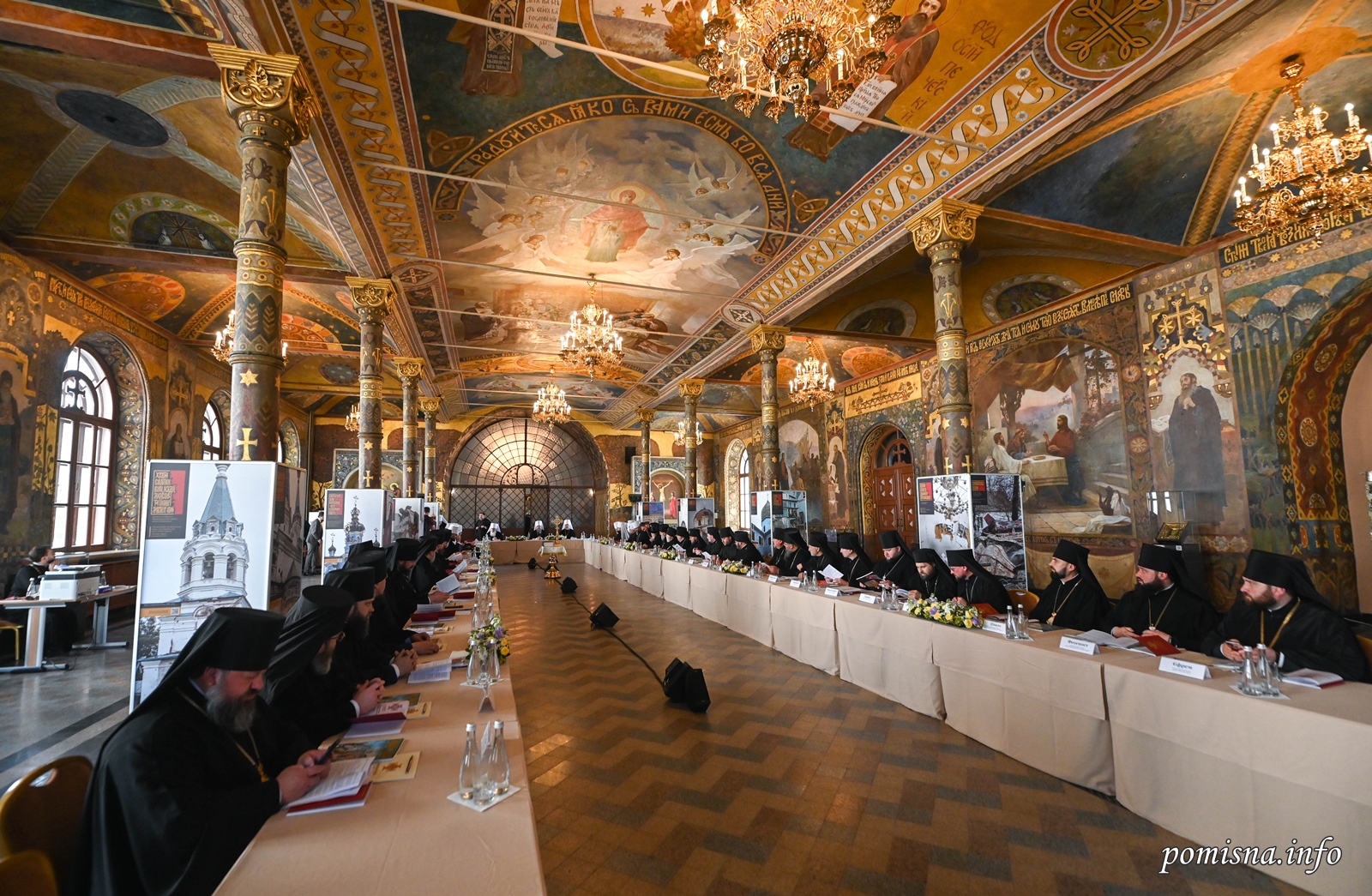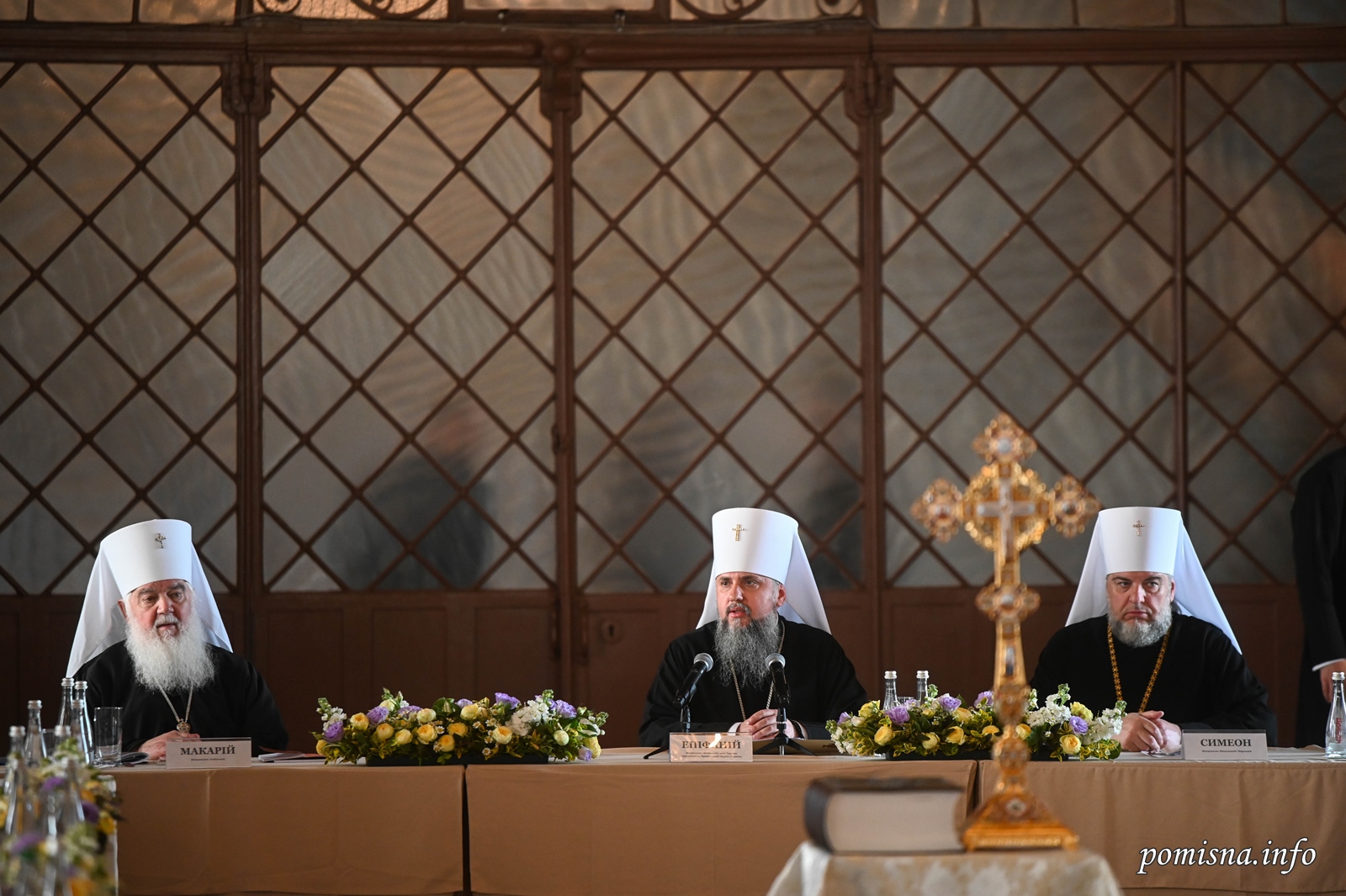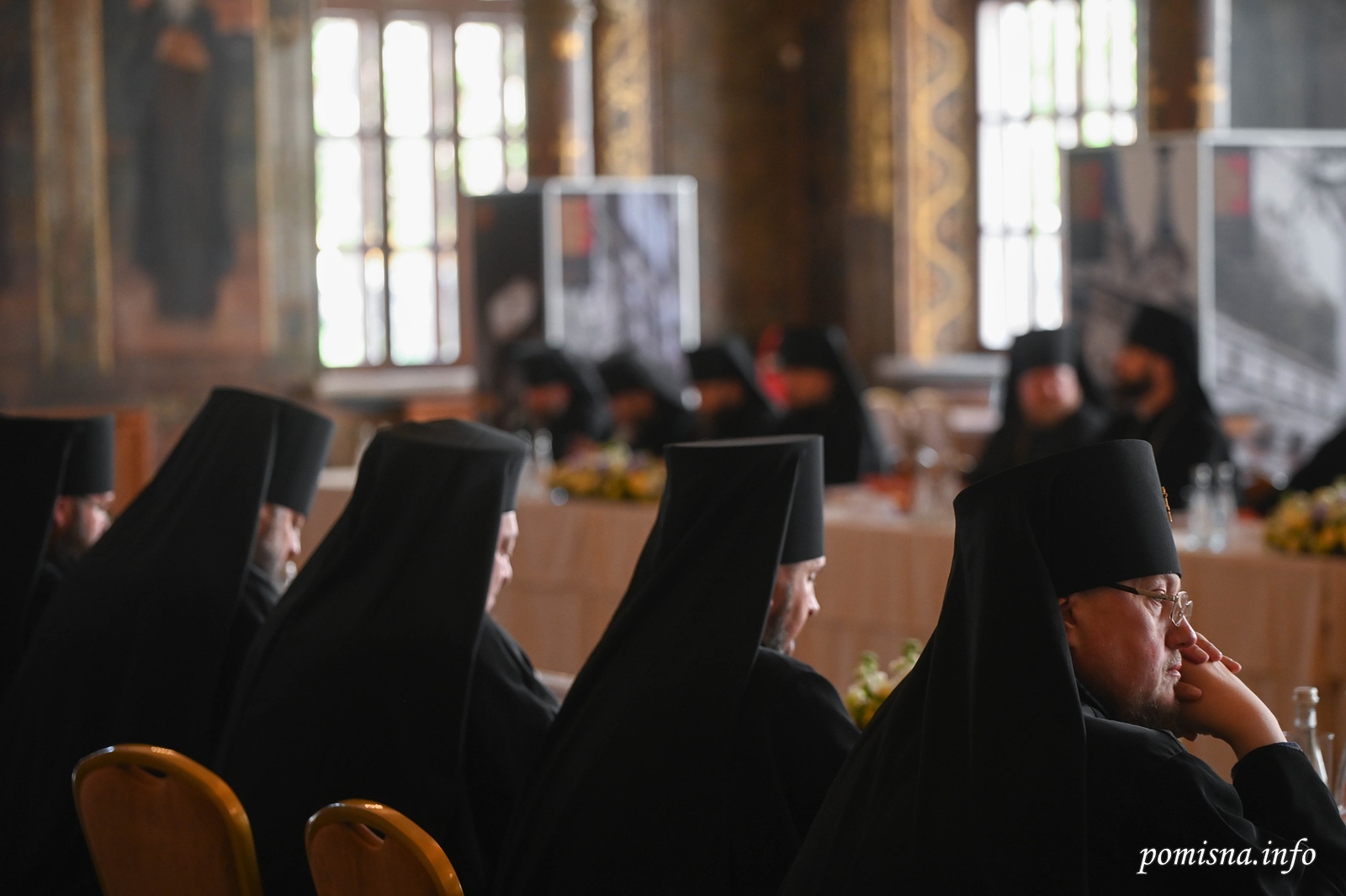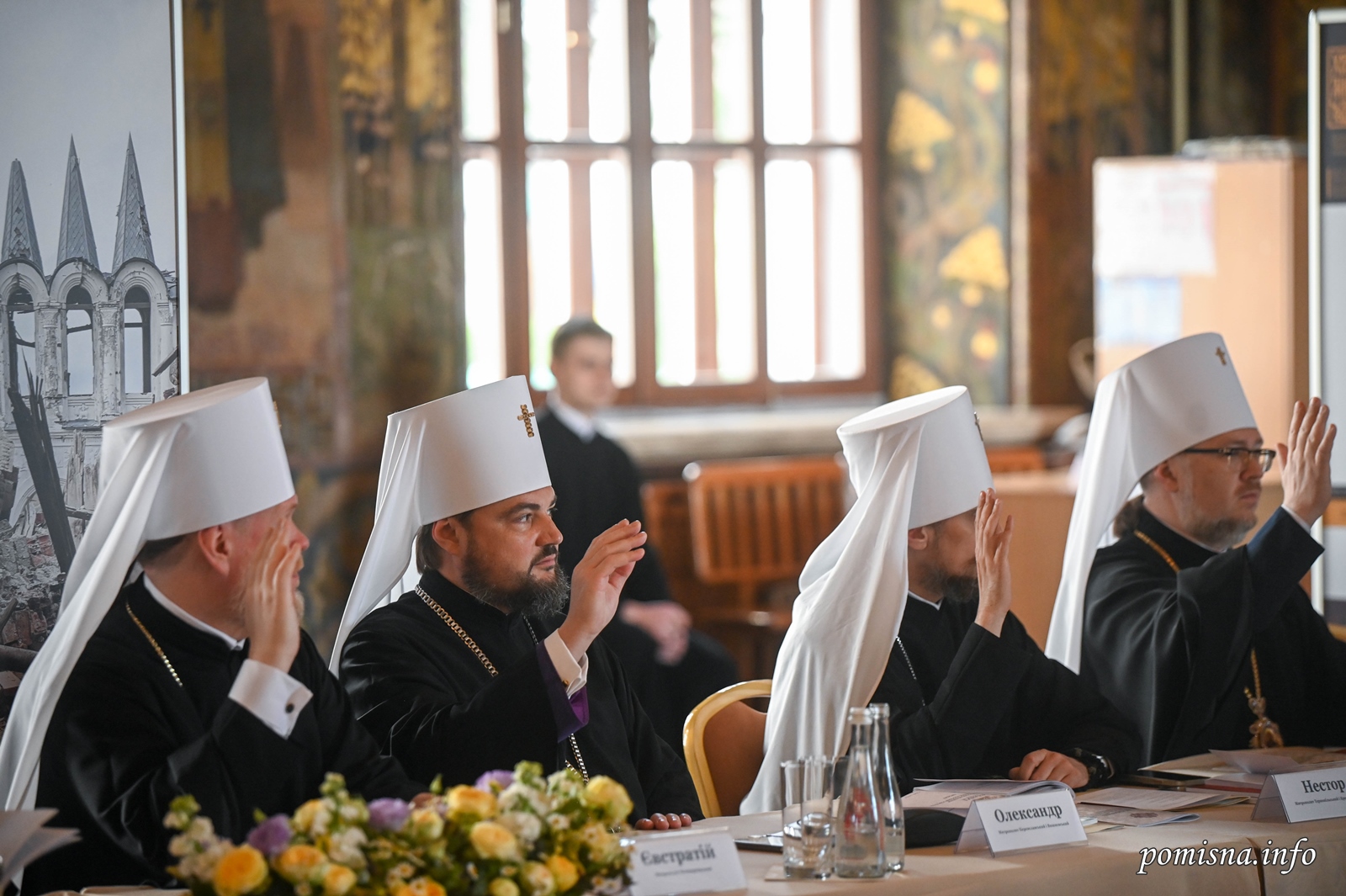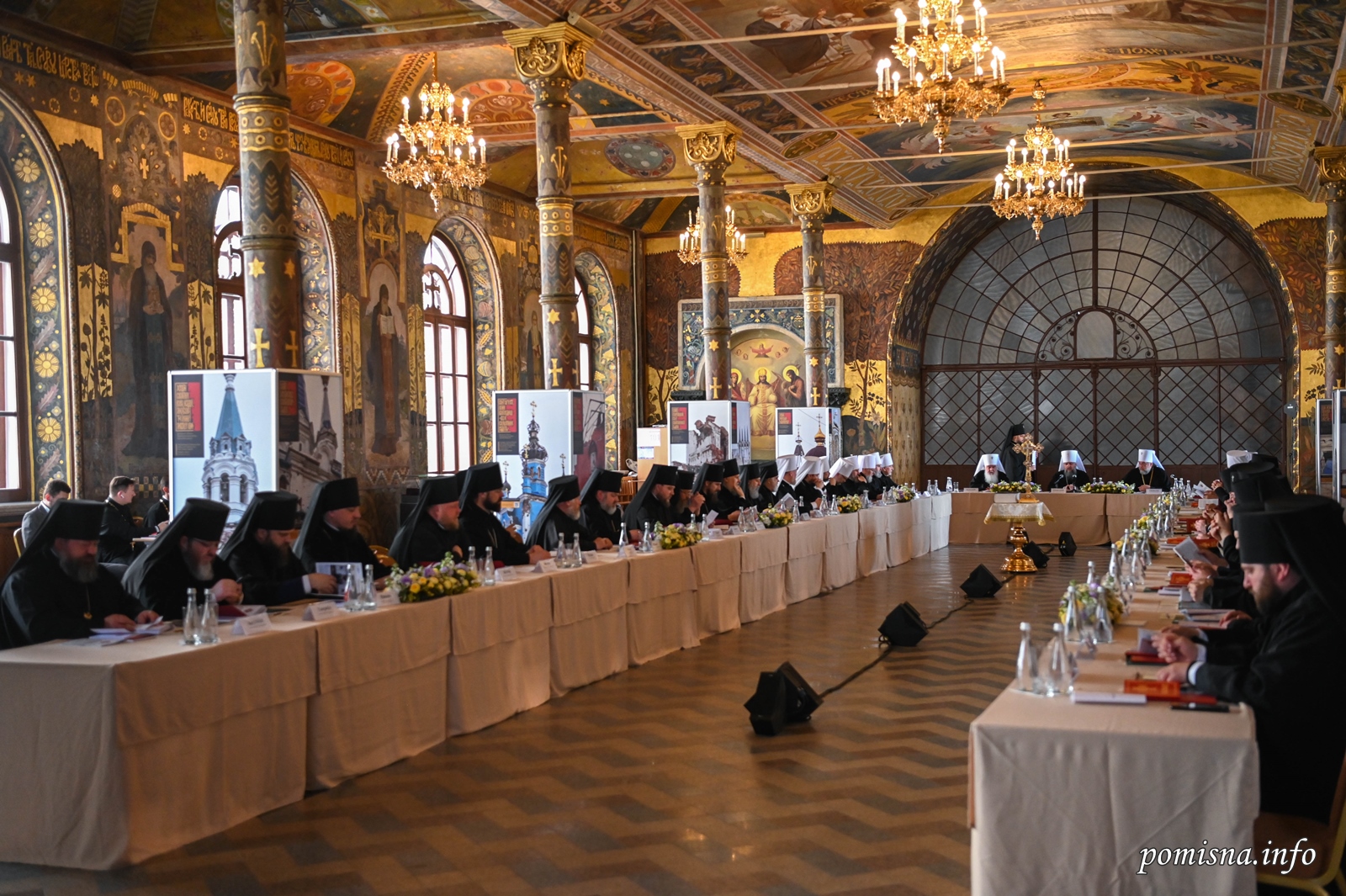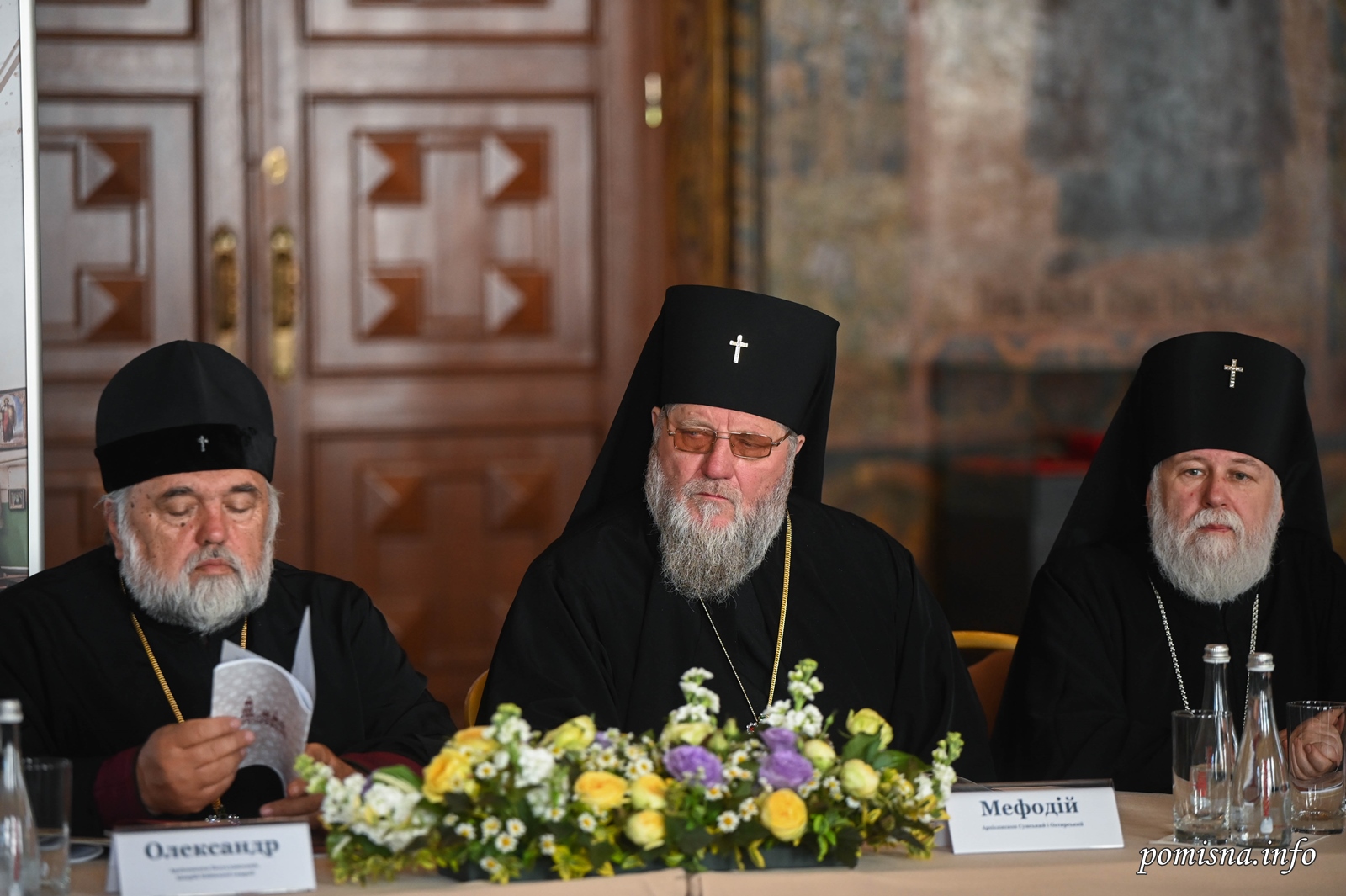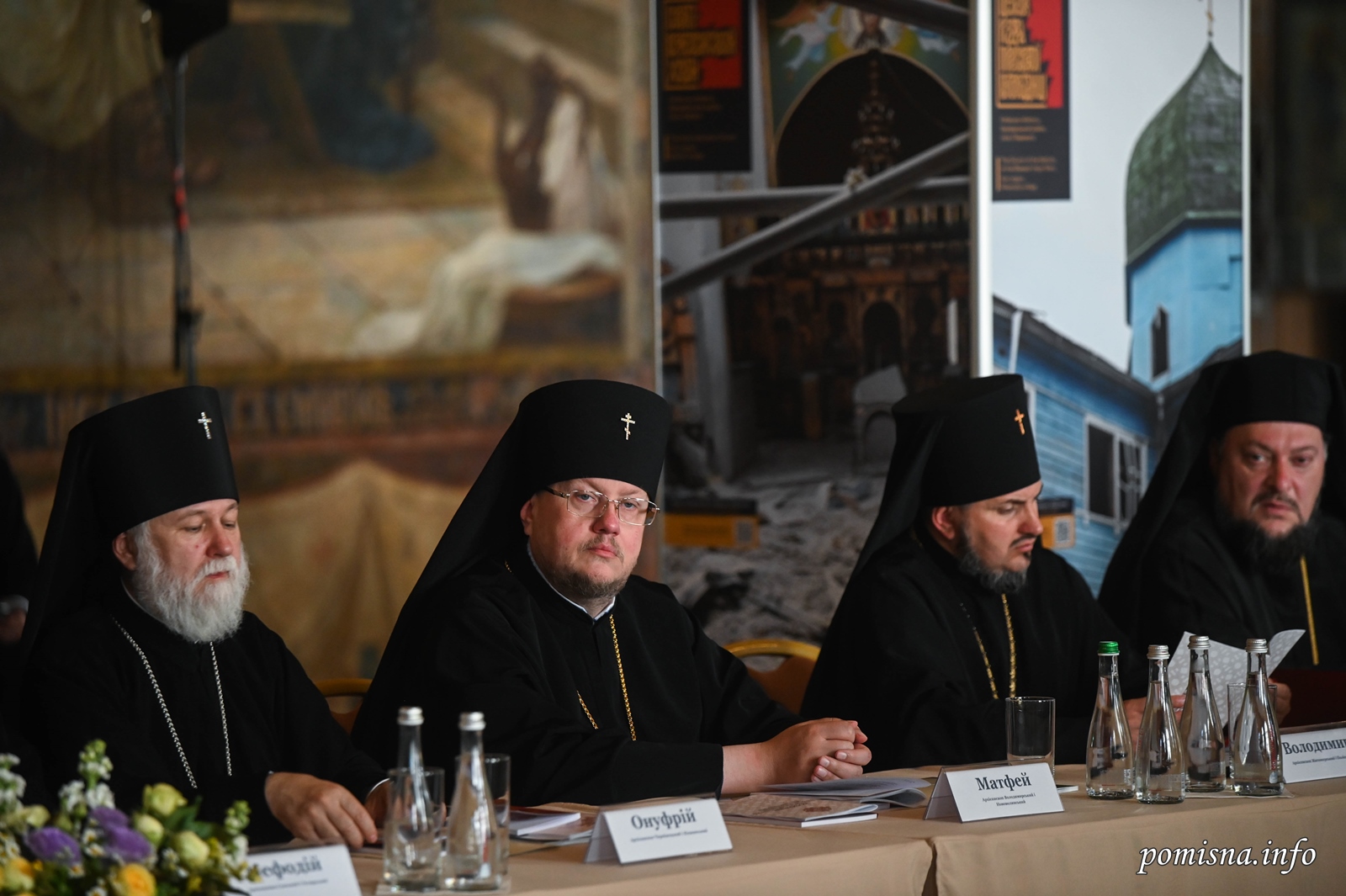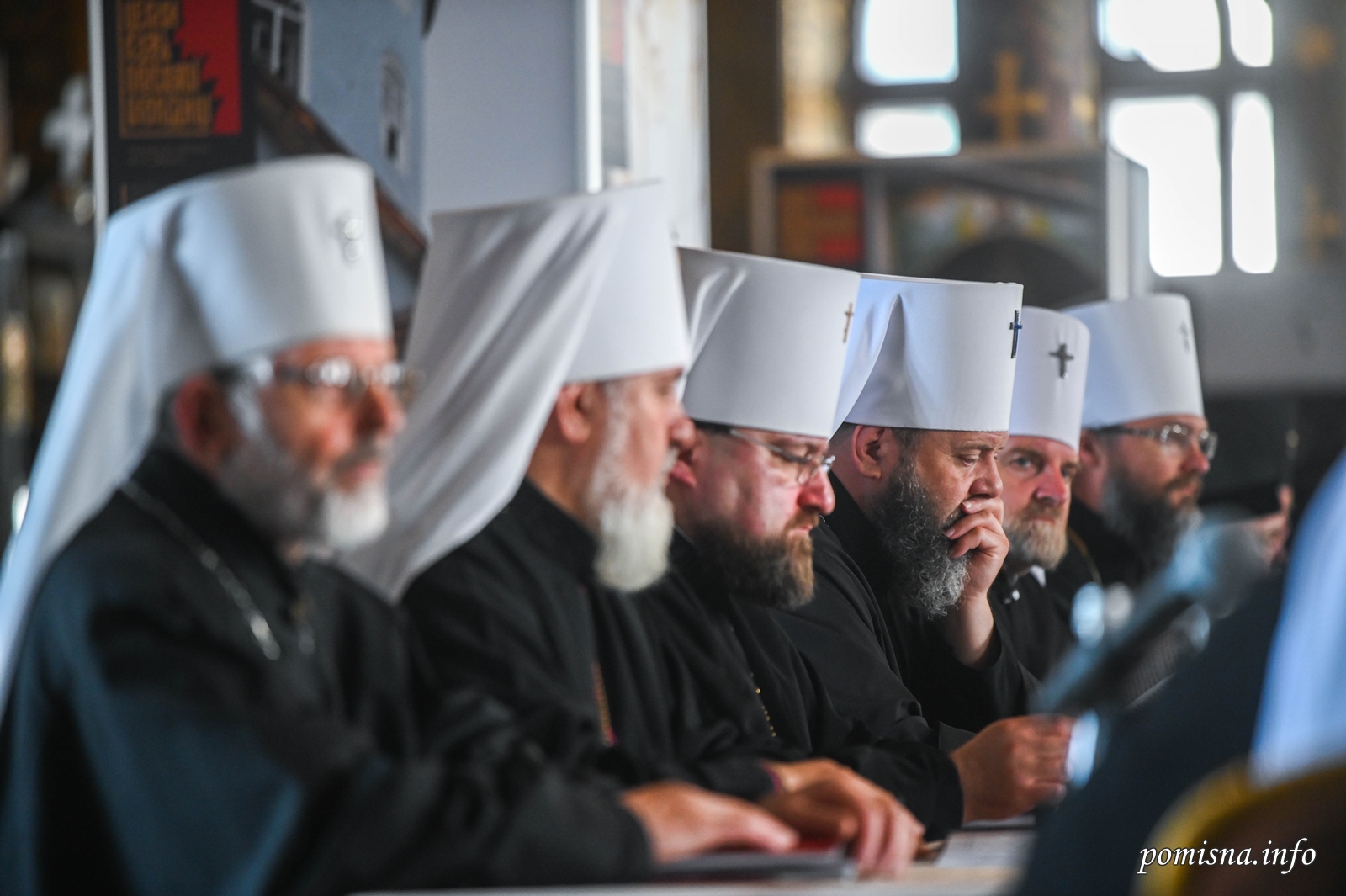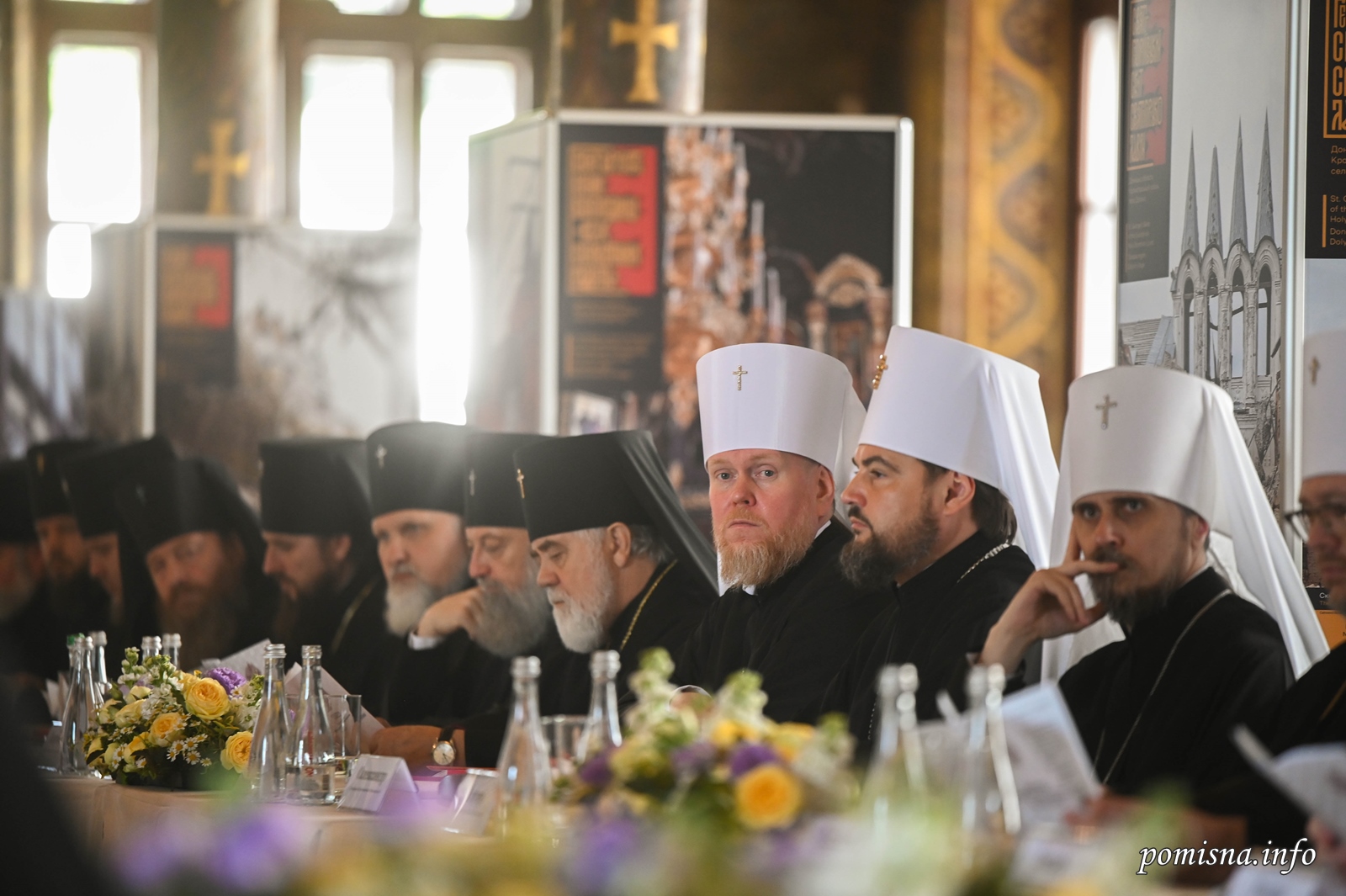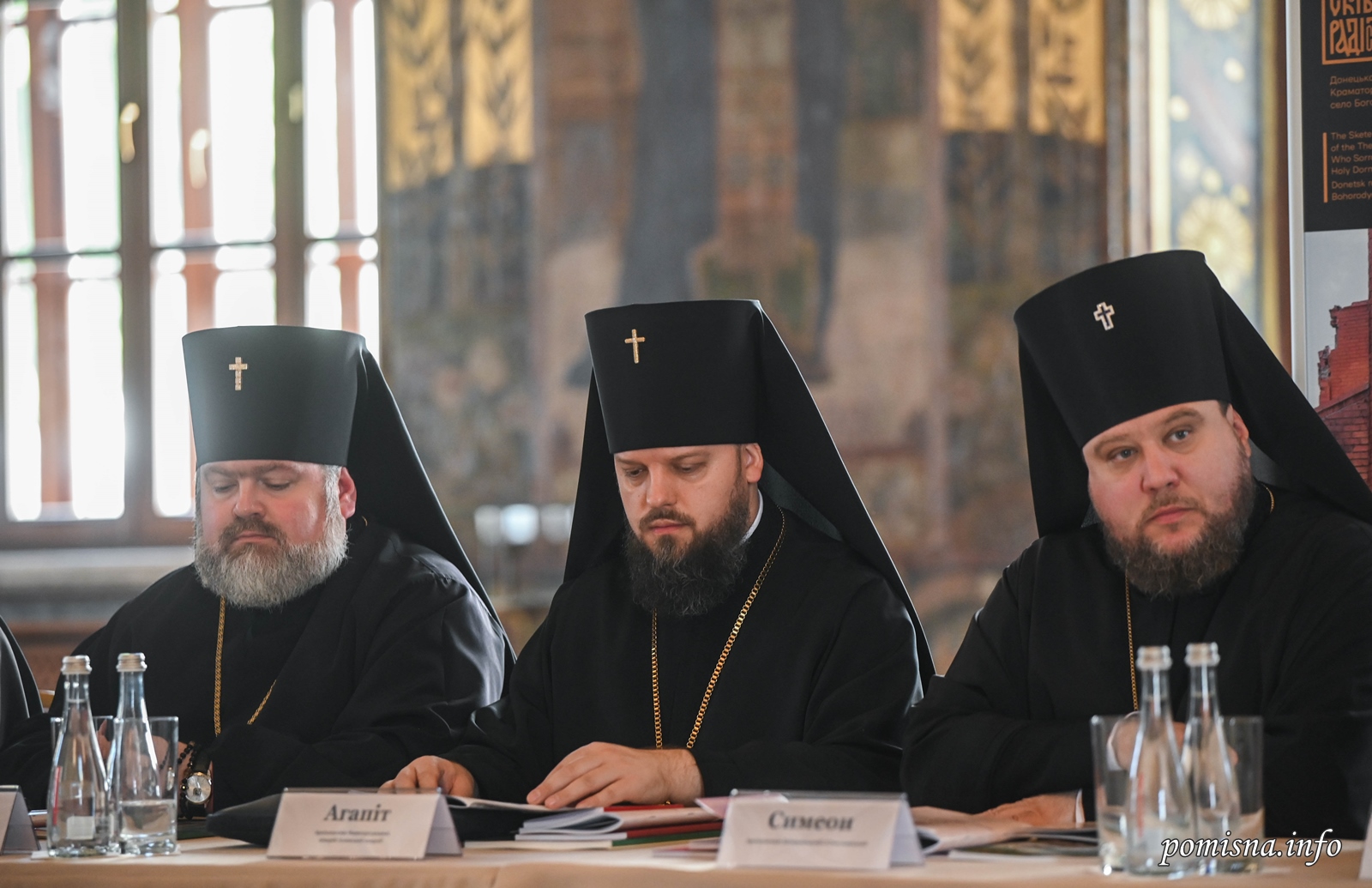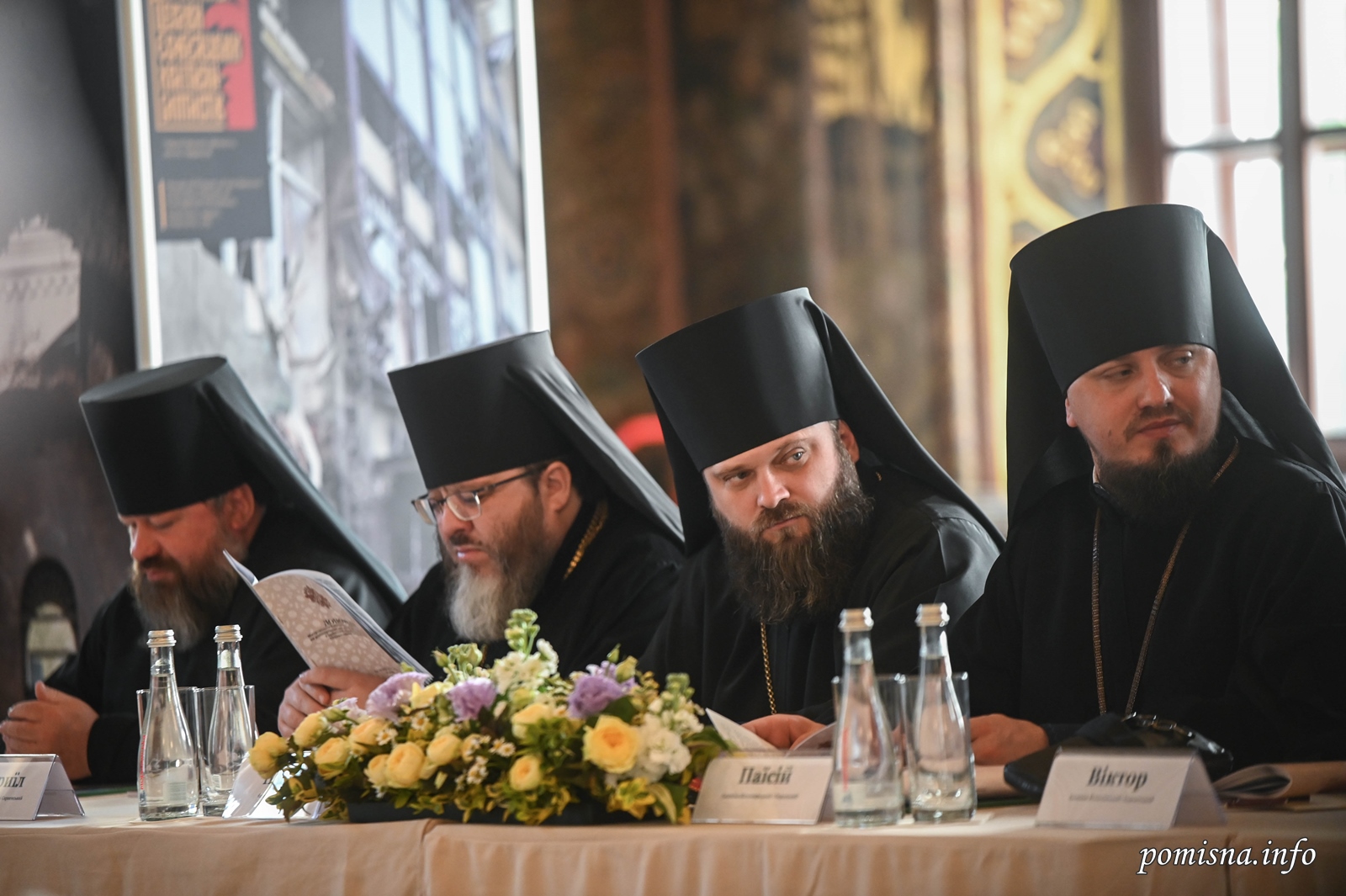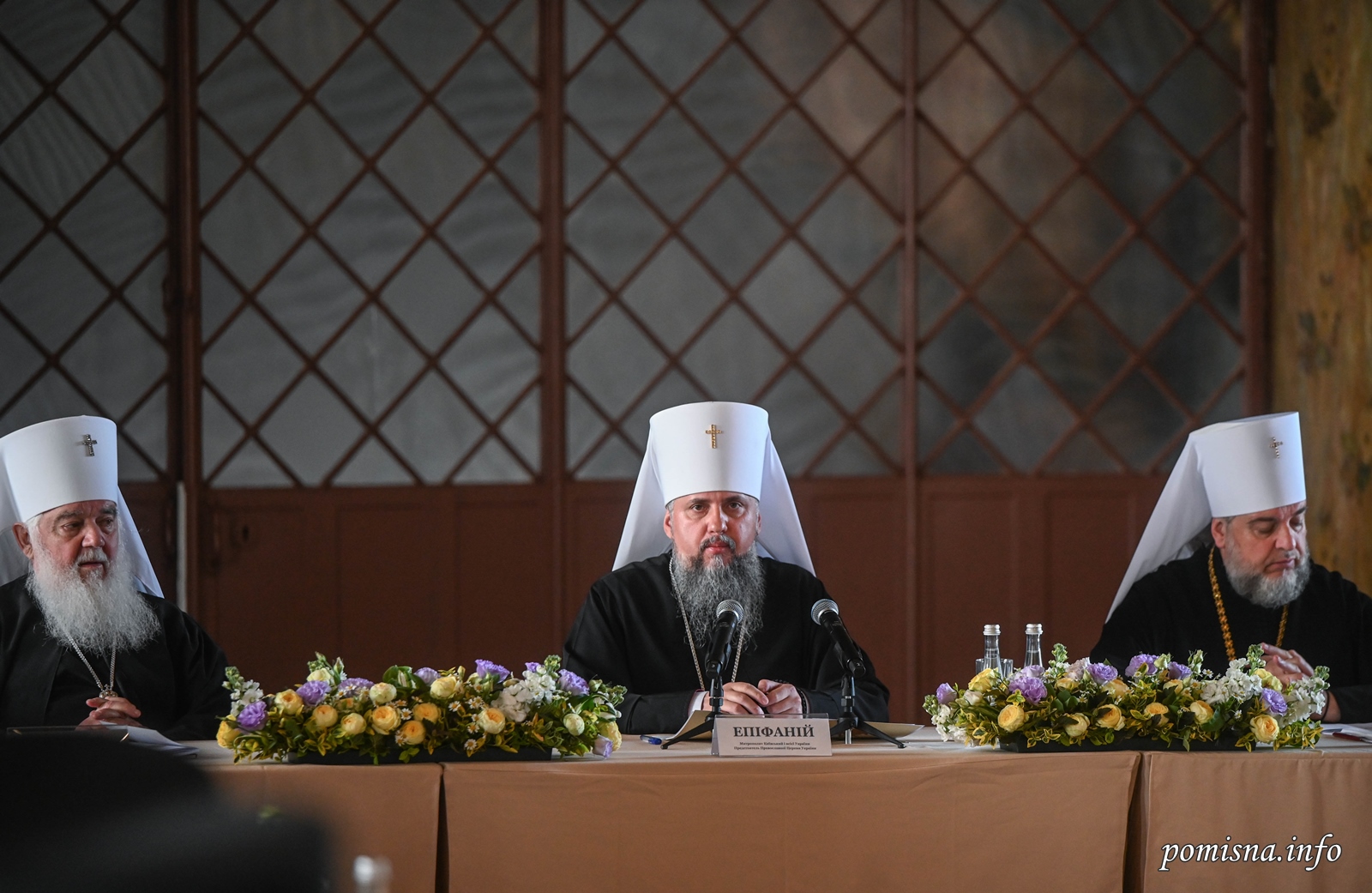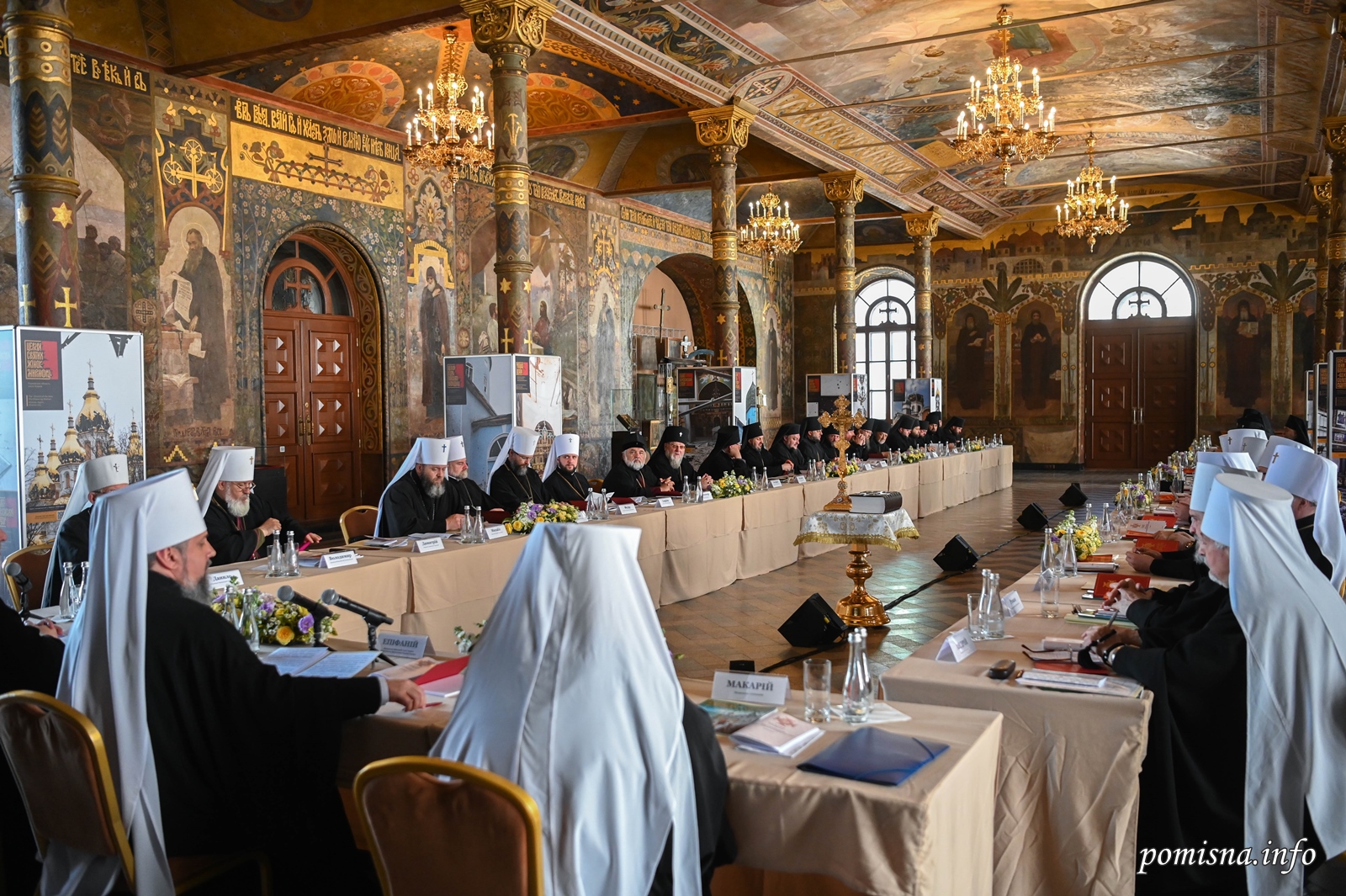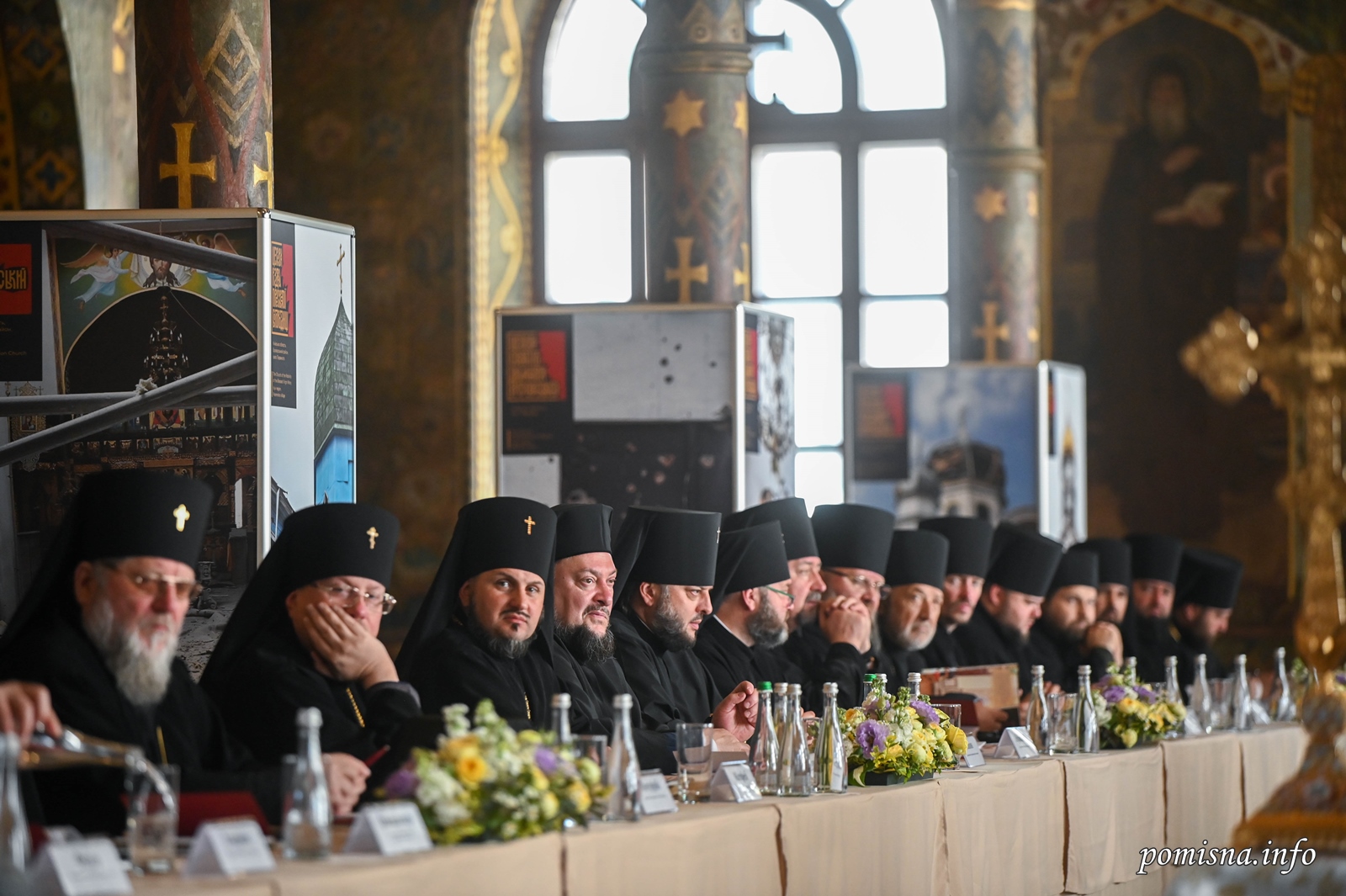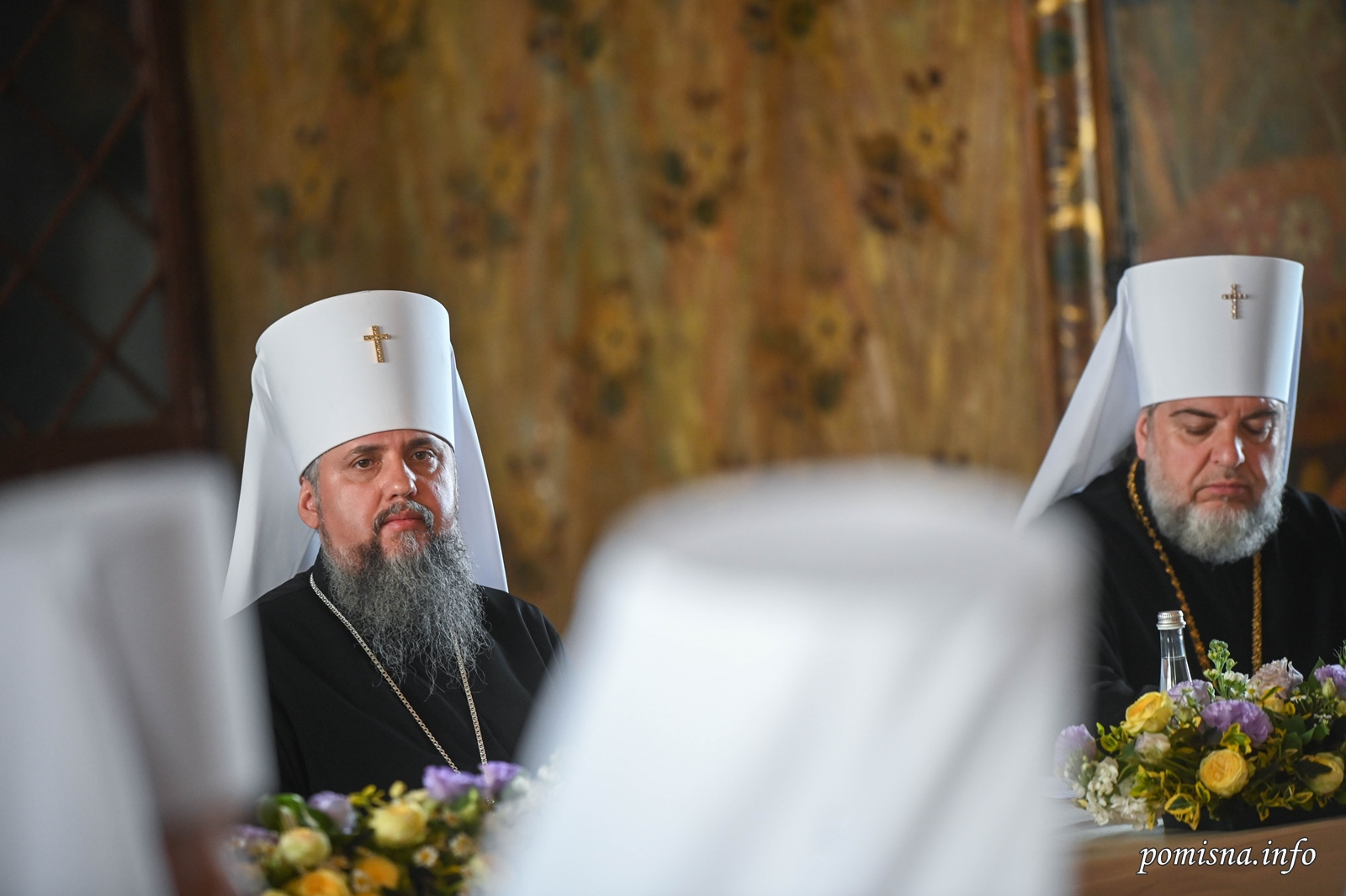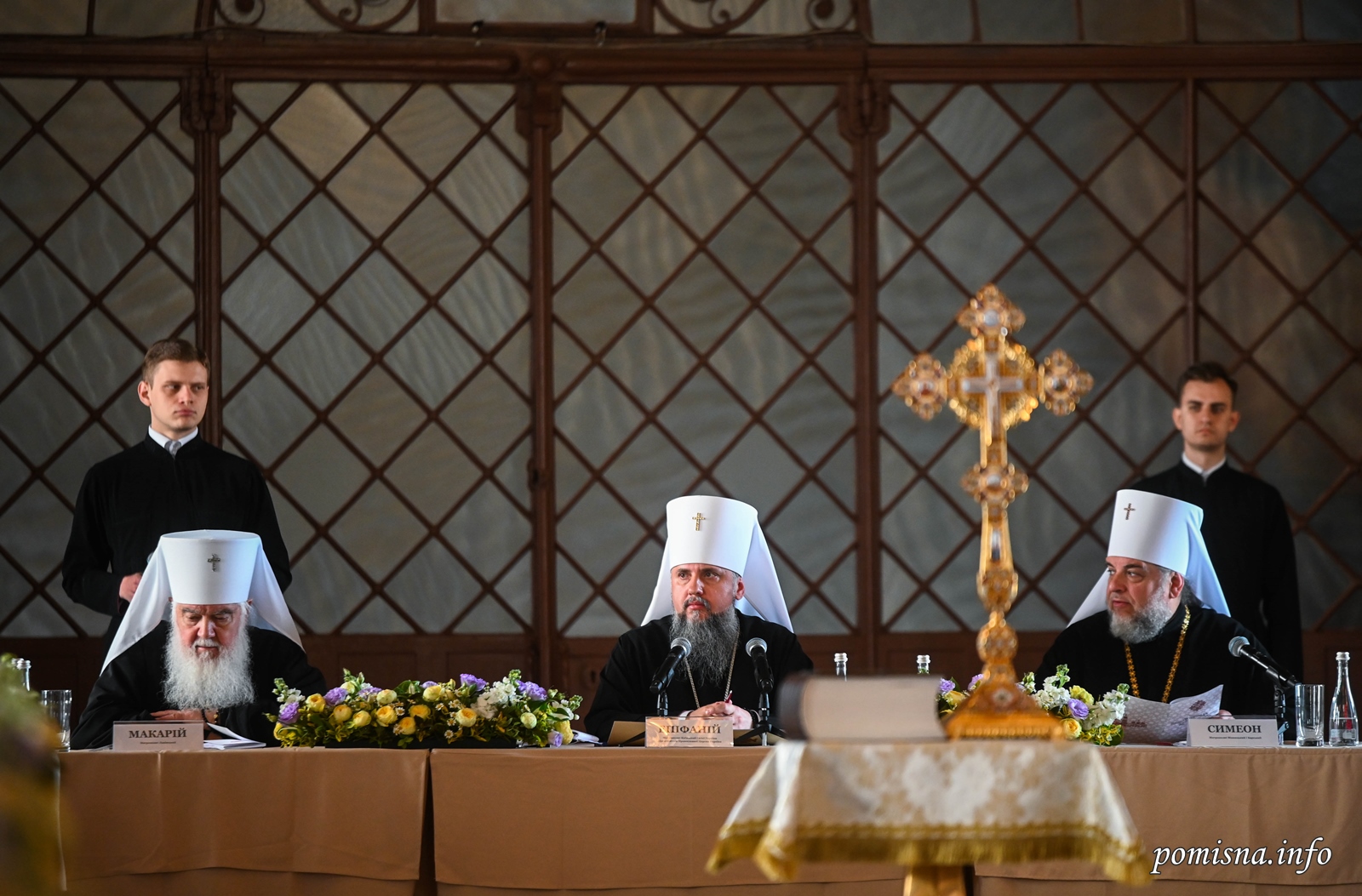The Orthodox Church of Ukraine announced that it has decided to change the calendar and celebrate Christmas on December 25, in a move that distances it from Russia.
Ukrainian Christians, the majority of whom are Orthodox, traditionally celebrated Christmas on January 7 along with other predominantly Orthodox Christian countries such as Russia, which invaded Ukraine last year.
“This question arose with a new momentum as a result of Russia’s aggression,” the Orthodox Church of Ukraine said in a statement, announcing the change from the Julian calendar.
“Today, the Julian calendar is perceived as related to the culture of the Russian Church,” the statement said.
The Orthodox Church of Ukraine has announced that it will make use of the Revised Julian calendar from September 1, the beginning of the liturgical year. It also states that parishes will have the option of celebrating a wish according to the old Julian calendar.
In the current context, the social and cultural context of the Julian calendar and its perception have changed radically. Today, it is perceived by the majority not so much as being linked to ancient Ukrainian traditions, but as being linked to Russian ecclesiastical culture.
Besides, the Orthodox Churches that support the Orthodox Church of Ukraine use the modern calendar, while its opponents, and especially the Russian Orthodox Church, follow the old calendar.
Taking into account the above considerations and the numerous requests from parishes, monasteries, dioceses, clergy, and believers regarding the possibility of going to the calendar followed by the majority of Local Orthodox Churches, the Episcopal Council of the Orthodox Church of Ukraine, decrees to bless the parishes (religious communities) and monasteries of the Orthodox Church of Ukraine to use the New Julian calendar in liturgical practice (while observing the traditional Easter).
The transition of the Ukrainian Orthodox Church to the New Julian calendar should take place from September 1, 2023 (the beginning of the new ecclesiastical year).
The Council of Bishops also expressed its sincere thanks to the Ecumenical Patriarchate, the Patriarchate of Alexandria, and the Churches of Greece and Cyprus for their support during the harsh trials of the war.
He also underlined the “desire and readiness of our Local Church to conduct a dialogue, the aim of which is to achieve the unity of Orthodoxy in Ukraine, on the basis of the Tomos of Autocephaly.”
It expressed its deep regret over the final refusal of the leadership of the Moscow Patriarchate in Ukraine in such a dialogue.
The Bishops’ Council is grateful to the Orthodox communities and clergy for following the Tomos and joining the family of the Orthodox Church of Ukraine, and calls on those who are still hesitant to “break the non-canonical submission to the structures of the Patriarchate of Moscow controlled by the aggressor.”
Also, the Holy Synod of the Church of Ukraine was informed about the trip of the Orthodox Theological Academy of Kyiv to Greece that took place between 9-17 May.
The Synod welcomed the expansion of scientific and theological cooperation between the Orthodox Church of Ukraine and the scientific and theological Orthodox institutions of the Ecumenical Patriarchate, the Church of Greece.
